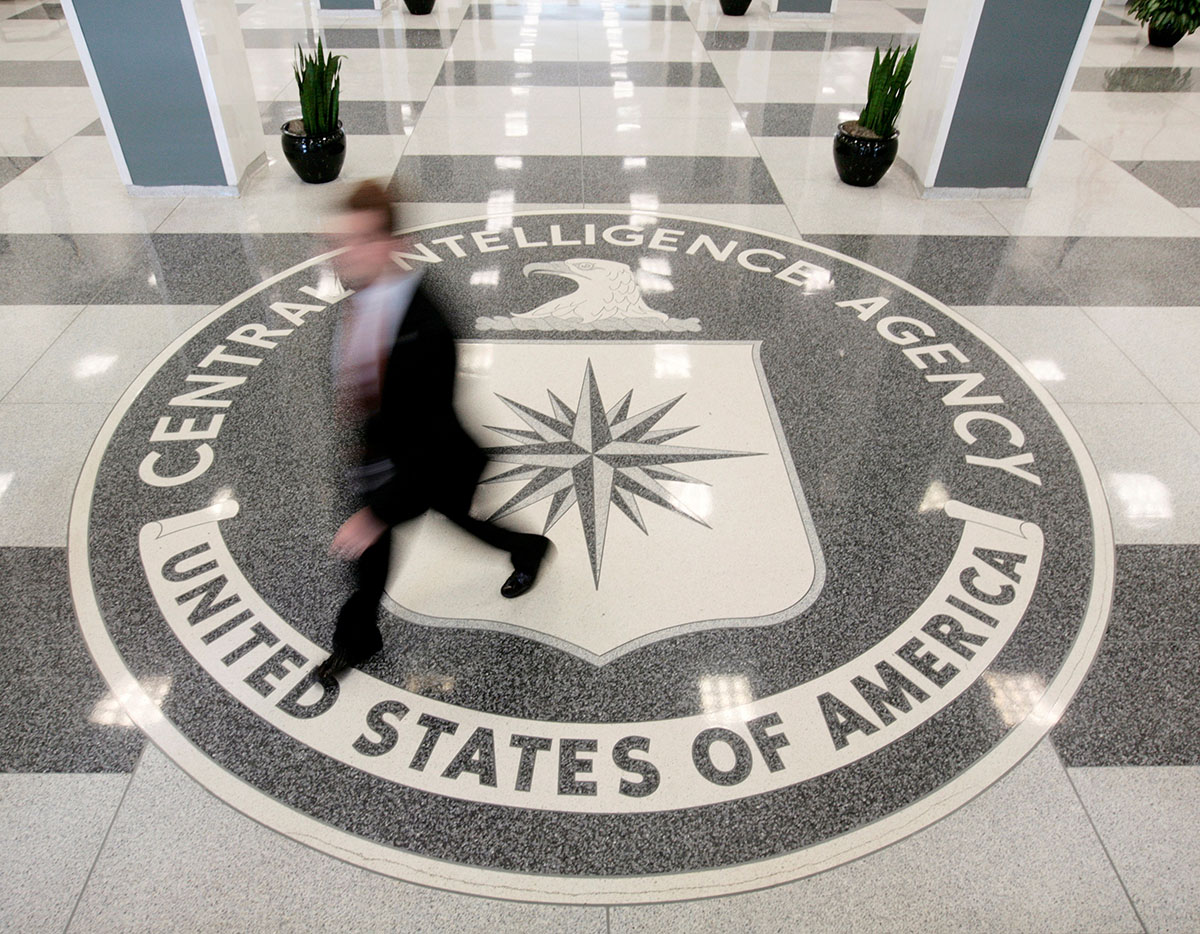
SANTA MONICA- The recent WikiLeaks hack revealed a multitude of problems regarding the C.I.A allegedly hacking into phone calls, internet history, and even smart TVs. Some feel hacking is an intrusive abuse of ones right to privacy, while others felt unaffected and think the C.I.A. is just doing their job. With new technology constantly being released, is personal privacy a thing of the past, or is hacking into information fundamentally wrong?
People in Santa Monica, like Ilya Kalmykov, shared their views. “It doesn’t bother me as much…because I don’t have anything to hide” Kalmykov told Reuters. However, others are less concerned about having something to hide and more worried about just feeling exposed. “The point is not that you’re hiding something, you just want to have a private conversation. You should be able to have a private conversation,” Maggie Caridi said to Reuters.
Chris Colette disagrees, feeling that the hacking is “not something that [he’s] concerned about,” Coletta told Reuters. He continued on saying, “I don’t know, maybe I’m cynical and just consider it to be inevitable, but that’s really the direction things are going.” Jonathan Aronson, a professor of international relations at USC chimed in agreeing that “it’s quite reasonable that they have these kinds of tools as long as they are used appropriately and within U.S. law, not against U.S. citizens,” he said to Reuters.
This begs the question how inevitable is hacking phones, televisions, and computers, really, and does it really make the world a safer place?
The NSA director has told Congress that over 50 possible terrorist attacks have been stopped by two of their phone call and internet tracking programs. However, not everyone agrees with these controversial methods or even their results.
A member of the White house review panel on NSA surveillance told NBC News that he discovered that “the results” regarding the evidence of wiretapped conversations preventing terrorist attacks “were very thin.”
With the validity of the documents released on WikiLeaks still unconfirmed and an unclear, varying view on how successful hacking is in the first place, a lot is still up in the air.





